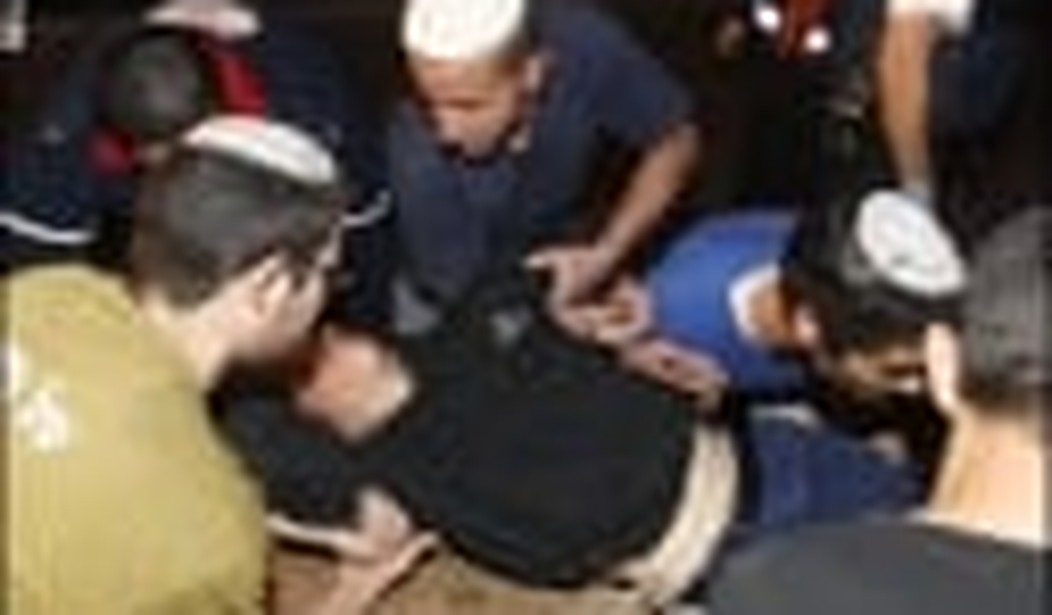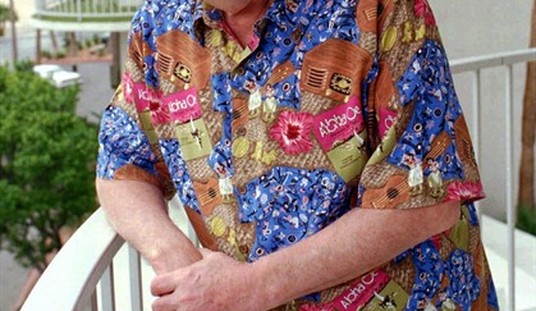The lone gunman couldn’t have chosen a better target in terms of symbolic value if his purpose was to hit at the heart of Judaism. The Mercaz HaRav yeshiva, where eight young men were shot to death on Thursday night, is one of the most prestigious centers of religious Jewish learning, standing at the entrance of the capital city of the Jewish state.
As the details of the attack unfolded Israelis reacted with anger and sorrow — but not with surprise. It is no secret that the relative quiet from terrorist attacks enjoyed over the past year (with the single exception of the attack in Dimona) hasn’t been because there haven’t been attempts to plan and execute bombings and shootings — but because Israel’s extensive intelligence networks have been able to intercept them in the stages of planning or execution.
And yet the attack came as all eyes were firmly focused on Gaza, and there was an element of shock. Kassam rocket attacks on southern Israel were an expected feature of the evening — a gunman in Jerusalem was not.
The story as it unfolded across television screens was chilling. The gunman walked through the gates of the large institution at 8:30 PM carrying a box with his weapon inside. He was able to enter with ease because the security guard who stands at the gate during the daylight hours had made his way to the library, where both day and boarding students of high school age study, along with other students of varying ages who spend their evening hours among the holy books. It was to be an evening of celebration — a party was about to start in honor of the beginning of the Jewish month of Adar, when the holiday of Purim is celebrated.
“It was an indescribable feeling of fear to be there,” said a young man who was there. More than an hour after the attack took place, some of the students were still huddled in their rooms, afraid to emerge.
Some of the injured brought to hospitals suffered from wounds suffered when they climbed out of windows on upper floors to escape the gunfire.
The disruption came at a time of the year when reports of explosions aren’t necessarily cause for alarm. As the festival of Purim approaches, there have been celebrations that include fireworks. The terrorist was shot not by police, but by two bystanders – a student and a neighbor who rushed to the scene.
Initial reports on Israeli television, if true, explain why it was so easy for the gunman to gain access to the area and harder for security forces to intercept him. According to early reports, the gunman was a resident of East Jerusalem carrying Israeli identification, with no need to penetrate the border.
One element of the attack certainly doesn’t come as a surprise — the pictures that inevitably come out of Gaza of joyful celebration, with reports of “crowds of thousands” cheering the attack accompanied by praise and justification from their leaders.
In Jerusalem, the mourning was immediately mingled with worry as to how events will unfold over the next 24 hours. Police immediately put out a public plea for quiet on television and warned they would be dispersed across the city. Friday is never an easy day for security forces in Jerusalem, as Arabs gather at the al-Aksa mosque for prayers and the day after such an attack promised to be more tense than ever. Police prepared for a long night, followed by an even longer day.
Allison Kaplan Sommer is PJM’s Tel Aviv editor.









Join the conversation as a VIP Member